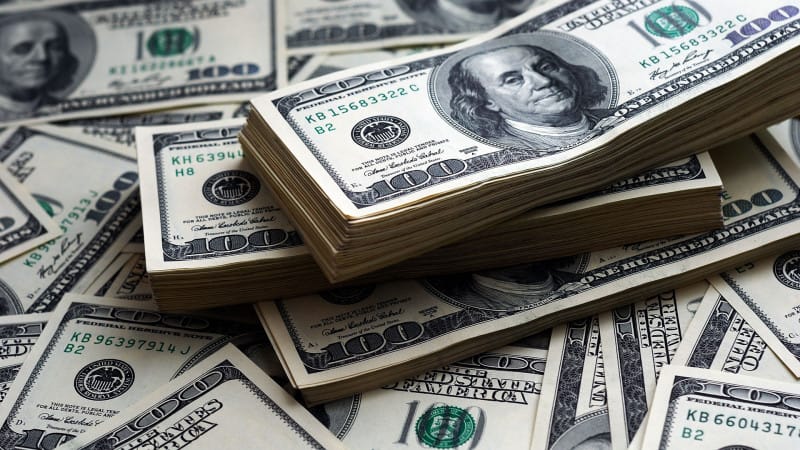Zimbabweans can possibly expect positive economic growth in 2021. Find out what the Minister of Finance has forecast for this African nation in 2021….
Zimbabwe Sees Expected Economical Growth
In a country already economically challenged in large part due to past practices, Zimbabwe has tried to meet the challenges of last year head-on. Like its neighbour, South Africa, it’s also seen its fair share of scandals around government’s distribution of funds for economic relief efforts. For instance, in June of 2020, minister of Health, Obadiah Moyo, along with the president’s son, Collins Mnangagwa, was arrested over a scandal involving the improper procurement of personal protective equipment to the value US$4 million. Despite setbacks of such magnitude, the financial forecast for 2021 looks positive and optimistic according to Finance minister, Mthuli Ncube.
Looking to the future
It’s possible that the Finance Minister has taken some time out to start learning about European Forex trading, and if not, maybe he should consider it. Playful assumptions aside, what has been predicted is a GDP growth of 7.4%. This estimate makes for a relatively sharp contrast to the contracting 4.5% of 2020. Mthuli went on to say that the major foundational contributors to the country’s economic growth would be mining and agriculture. Conservative estimates, according to the Finance minister, should fall between 11.3% and 11%, with tobacco, gold, and platinum serving as the financial conduits of such growth. Then of course there’s inflation, which in July 2020 soared to 837% before coming down to 659% by September of that year. Mtuli’s forecast for 2021, regarding inflation, is that it will reach 137% by the end of the year.
Highlights for 2021
The minister’s forecast includes the maintenance of employment costs, which is predicted to hopefully be below 50% of total expenditure. Then there’s the market-based auction system, a weekly process backed by the “implementation of strong fiscal and monetary policies for stabilizing inflation, and the preservation of the external value of the local currency.” Back in February 2019, the government discarded the local unit’s 1:1 to the dollar and 4 months later reinstated the Zimbabwean dollar as sole legal tender. With this implementation, 2021 will hopefully see through a plan to offset the loss that’s bound to accompany currency reforms.
Should Zimbabweans turn to online trading?
It’s a valid question, that’s for sure, and thanks to the various markets and ways to conduct trades, can appeal to a broader audience. Online trading in the Forex market encompasses all the major financial hubs around the world (London, New York, Australia & Tokyo). In essence then, when one hub closes, another one opens, and this enables one to trade over a 24 hour period. In terms of monetary requirements, start-up capital can be quite low, as traders usually speculate on share prices within a specific window of time. Thus, shares aren’t being purchases, but are instead being bet on, so to speak. It needs to be noted that profit is not assured in this industry, and thus new traders are encouraged to read broadly on the topic and to initially try their hand with a demo account. Like most things of this nature, vigilance, discipline and consistent upskilling are key to success.














